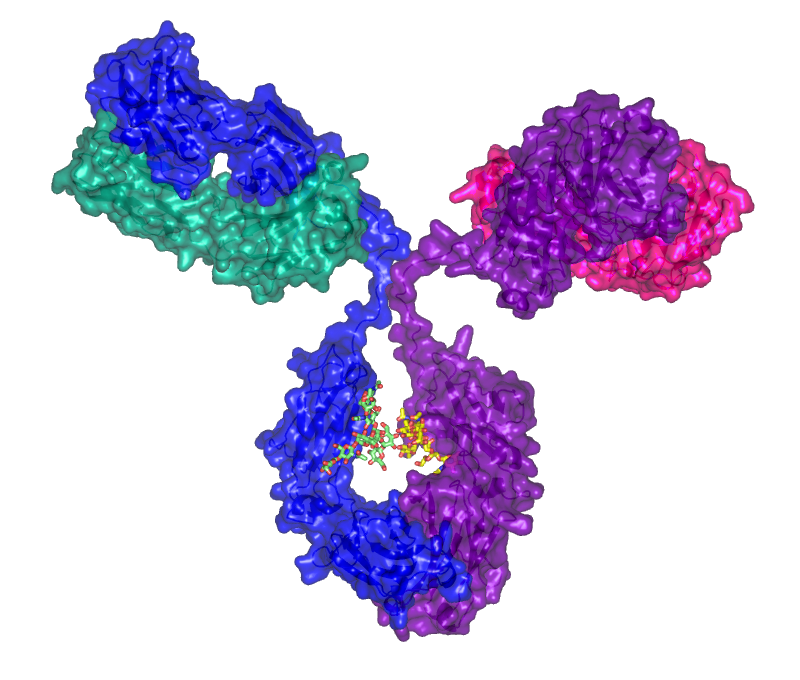NIST-FDA mAb Stability Study Home

FDA/OCET Advanced Manufacturing Program project
Initiative to benchmark and profile monoclonal antibody and large biomolecule stability
The demand for quickly developed vaccine and therapeutic products during the COVID-19 pandemic has revealed the limitations in product characterization for transport through the domestic and international supply chain. Key factors during the COVID-19 include the required storage and transport environmental conditions to maintain product quality, stability, and potency. Manufacturing and development knowledge was leveraged from previous studies of similar products and conservative estimates to ensure vaccines and therapeutics were effective when the patients received them. This particularly strained the “cold chain” portion of the supply chain, requiring intense freezing and temperature stability measures. Assessing a molecule’s characteristics typically requires long term, real-time tests followed by optimization, or additional tests, with different parameter sets. The FDA has identified a specific need to efficiently assess or predict the effect of environmental changes on mAbs that may be used in response to pandemics and emerging threats. With the ability to a priori optimize the number of parameters needed in a pre-approval study would improve the nation’s ability to respond quickly and efficiently while increasing supply chain resilience and patient access to life saving vaccines and therapies.
This project aims to benchmark physiochemical measurements and models to determine their suitability and robustness for assessing mAb stability under accelerated thermal stress conditions. To do this in part, we will establish a panel of well-characterized formulated mAbs of varied physical and chemical stability, derived from the NISTmAb RM primary sequence. This panel of mAbs will provide for the first time, a fully open, unrestricted set of materials, which can be used to benchmark physiochemical measurements and models to determine their suitability and robustness. Protein sequences, physiochemical and antigen binding data generated through characterization and benchmarking exercises, will be made fully public and provide input for community-based exercises aimed at testing, parameterizing, and determining uncertainties in stability measurements and models.
